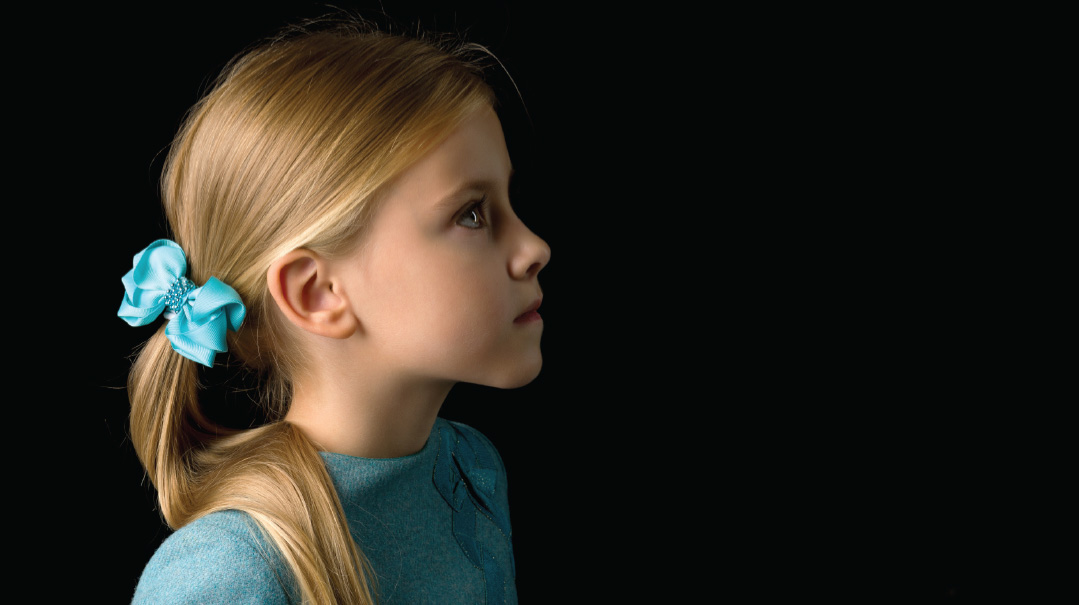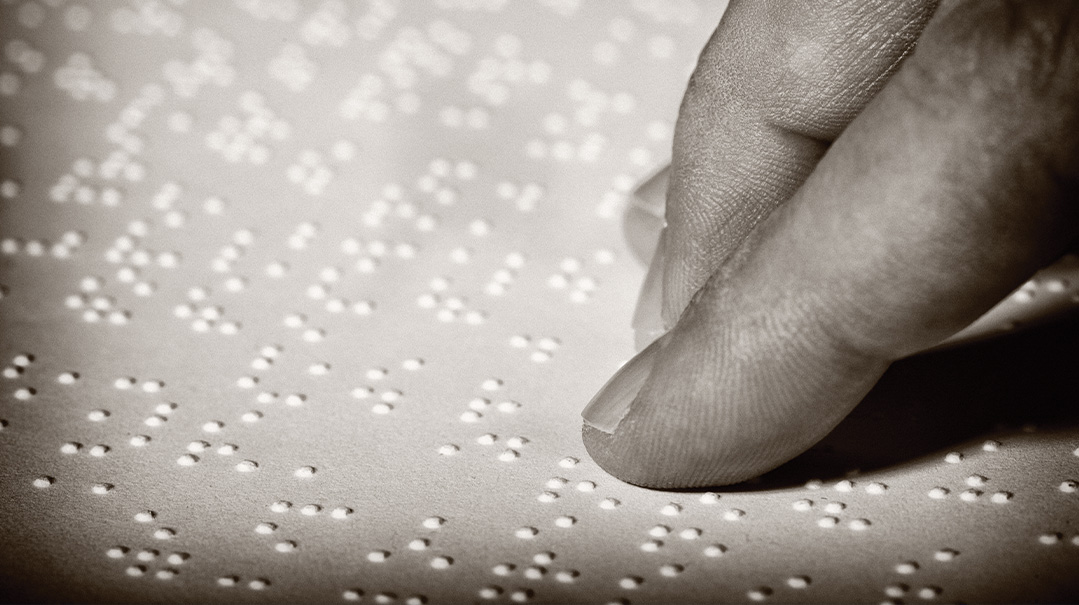Good Move

Within a few weeks of Mrs. Rubin being my teacher, I had been told I needed to sit at the front of the classroom — because it was “better for me” — and had been ignored more times than I could count when I raised my hand

As told to Devorah Grant
Winning isn’t hard. Or at least that’s what I always thought. Until ninth grade, when Mrs. Rubin entered the picture.
I knew Mrs. Rubin already; I had been her chesed helper a few years ago. With a bunch of little kids, Mrs. R.’s eyes had always looked half-closed, as if sleep was something unfamiliar, but despite my efforts to help, her tone had also seemed distant. Sure, she smiled at me and thanked me for all I did, as I bathed Shoshi and Yael and fed Dovid his noodles (the only thing he’d eat), but I always had the sense that she didn’t want me there at all. After a few months of helping out, I decided it wasn’t working, and apologetically told her I couldn’t make it anymore. Her too-fast response seemed to prove my suspicions correct. Maybe I didn’t do a good job, I thought. And that was the end of that.
Which is why I wasn’t particularly shocked when Mrs. Rubin seemed to act coldly to me when I entered her science class two years later. Within about 30 seconds of her entering my classroom, I caught her gaze, and though she showed all her teeth when she smiled at me, her eyes were far from friendly. That was the beginning of our game.
Mrs. Rubin did not like me. In fact, Mrs. Rubin really did not like me. Which seemed slightly weird, considering I had an average of about 90 in science, was a smiley girl with decent manners, and worked really hard to do what was right. (I liked most of my teachers and still remember much of what they taught me, today, which is why this situation was odd for me.)
Within a few weeks of Mrs. Rubin being my teacher, I had been told I needed to sit at the front of the classroom — because it was “better for me” — and had been ignored more times than I could count when I raised my hand, and had experienced the horribly bitter taste of unfairness again and again.
Oops! We could not locate your form.







